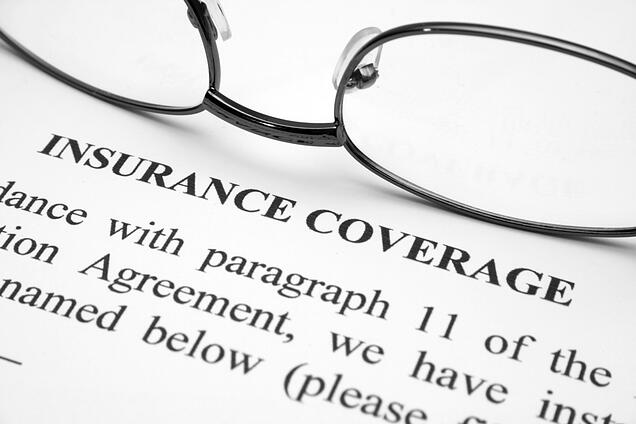Dental implants are a type of tooth replacement that uses titanium posts to fuse with the jawbone. Once the implant is in place, a crown, bridge, or...
What To Do When You Have a Dental Emergency
19 Jun 2023
Dental emergencies can happen at any time, and they can be very painful. If you experience a dental emergency, it is important to seek treatment as soon as possible.
Here are some common dental emergencies and what to do about them:
- Toothache: A toothache is a sharp, throbbing pain that can be caused by a variety of things, such as a cavity, gum infection, or tooth fracture. If you have a toothache, you can try to relieve the pain with over-the-counter pain medication, such as ibuprofen or acetaminophen. If the pain is severe or does not improve with over-the-counter medication, you should see a dentist.
- Loose tooth: A loose tooth can be caused by a variety of things, such as trauma, gum disease, or a developing wisdom tooth. If you have a loose tooth, you should avoid chewing on that side of your mouth. You should also see a dentist to determine the cause of the loose tooth and to get treatment, if necessary.
- Gum bleeding: Gum bleeding can be caused by a variety of things, such as poor oral hygiene, gum disease, or pregnancy. If you experience gum bleeding, you should brush and floss your teeth more often. You should also see a dentist to determine the cause of the bleeding and to get treatment, if necessary.
- Jaw injury: A jaw injury can be caused by a variety of things, such as a fall, a car accident, or a sports injury. If you have a jaw injury, you should see a dentist or doctor to get treatment.
If you experience a dental emergency, it is important to seek treatment as soon as possible. By doing so, you can help prevent further damage to your teeth and gums.
Here are some additional tips for dealing with dental emergencies:
- Call your dentist. If your dentist is open, call them and let them know that you are experiencing a dental emergency. They may be able to see you right away or they may be able to refer you to another dentist who can see you.
- Go to the emergency room. If your dentist is closed or they are unable to see you, you may need to go to the emergency room. The emergency room doctors will be able to assess your condition and provide you with treatment, if necessary.
- Take care of yourself. While you are waiting to see a dentist or doctor, you can take some steps to care for yourself. These steps may include:
- Taking over-the-counter pain medication
- Applying a cold compress to your face
- Avoiding chewing on the affected area
- Drinking plenty of fluids
- Getting plenty of rest
By following these tips, you can help manage your pain and discomfort until you can see a dentist or doctor.
Christin Krause
author
